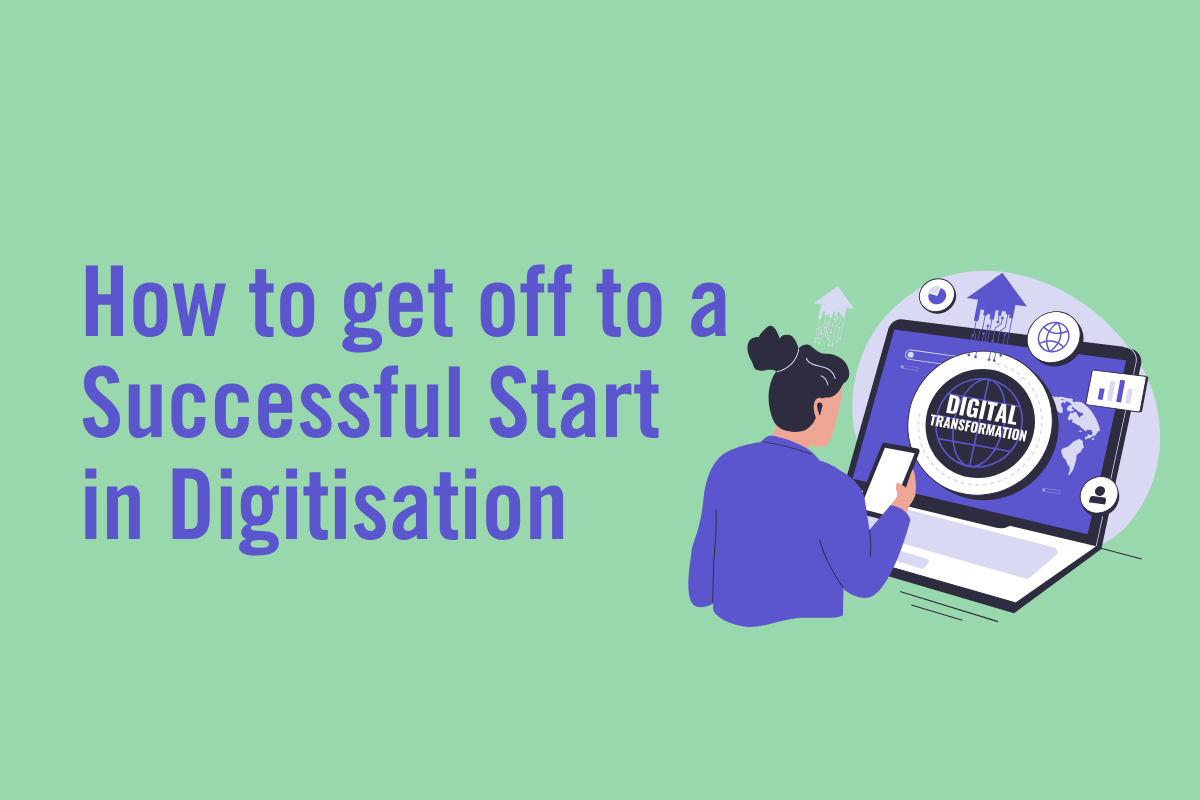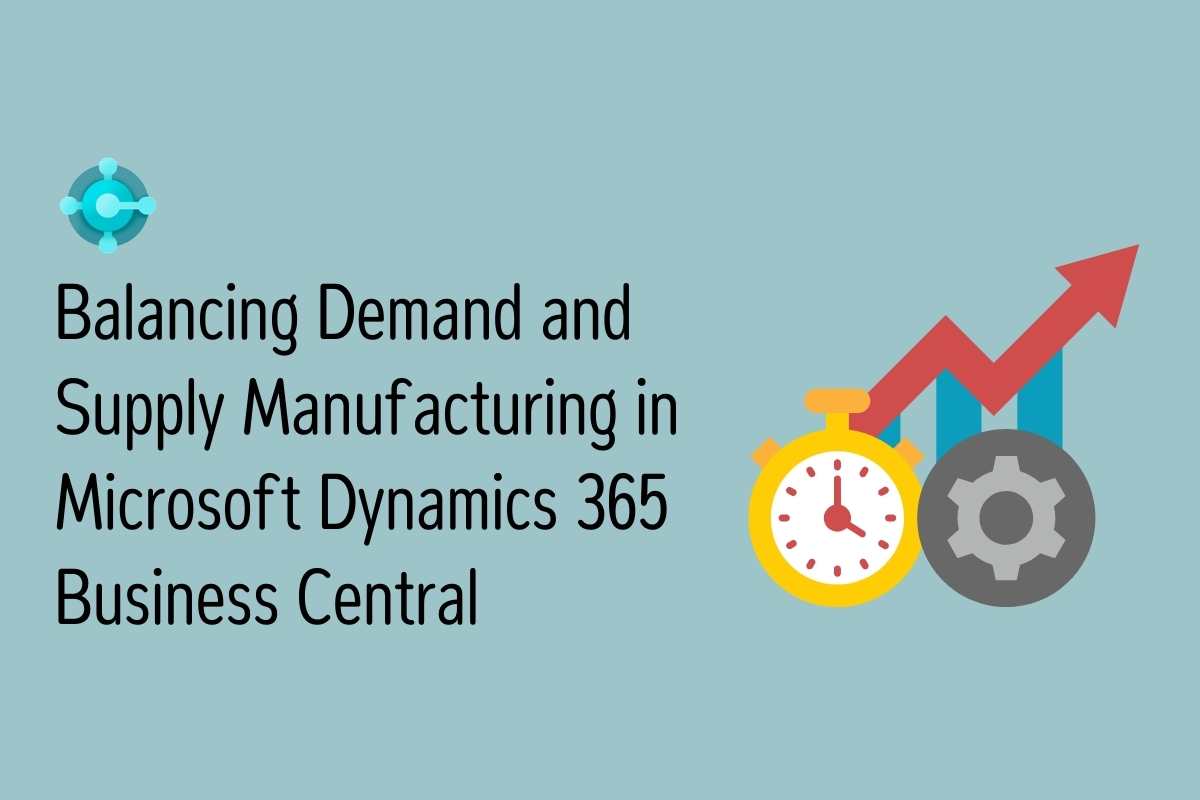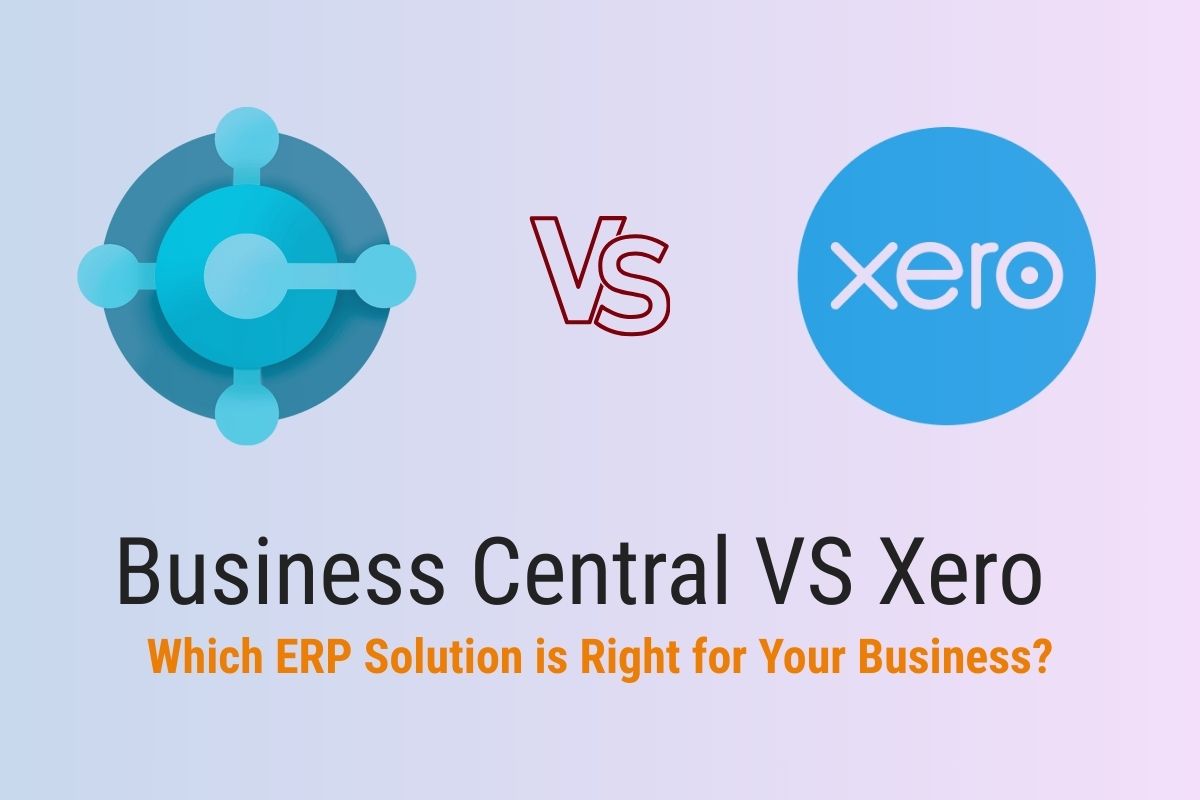Strategies for the process industry
Introduction
Digitisation is undoubtedly one of the main topics that the process industry is dealing with intensively. For many companies, however, developing a company-specific IT strategy is a real challenge.
The pace of change in technology and usage models is accelerating, and it’s difficult for managers and employees to stay up to date. Often, the organisation and IT infrastructures are not sufficiently prepared for upcoming digitisation projects.
The current state of digitalisation in the process industry
The Trovarit long-term study shows that more than half of all ERP systems in the process industry are ten years or older. At the same time, almost two-thirds of those surveyed say that their business solution no longer meets current requirements.
For example, networking intelligent systems or establishing data-driven methods. The need for digitisation is therefore obvious, and there is an acute need for action for many medium-sized companies.
As is so often the case, only those who take the fundamental steps today will prove themselves and find the right solutions in an environment that is increasingly characterised by dynamism and pressure to innovate.
Challenges and questions before investing
Before companies invest in digitalisation, they need to ask a few crucial questions:
- How well is my company positioned today in terms of digital technologies, processes, offerings and ways of thinking?
- Do I have a digitalisation strategy that is supported by the highest level of management?
- How can I change my company’s culture and prepare for change?
Digitisation does not only affect IT
It is important to recognise that digitisation does not only affect IT, but the entire company organisation. It’s about target groups, markets and sustainable differentiation from the competition.
Especially in the process industry, the mentality of never changing a running system is often prevalent, as the failure of a single component could bring everything to a standstill.
The justified weighing of risks that could jeopardise the ability to deliver leads to more reluctance to change and opens up new opportunities for competition.
The importance of a compelling strategy and roadmap
Such far-reaching changes can usually only be implemented with a convincing strategy and a concrete roadmap.
However, many medium-sized companies do not have the necessary personnel to combine industry knowledge with digitisation know-how and change management.
Around 60% of all companies in the manufacturing industry have not yet developed an overall strategy for their digitalisation.
The use of cloud and the role of technologies
Many of the digitisation topics are closely linked to the cloud. Although fundamental skepticism about cloud systems is decreasing, there are still reservations.
Topics such as artificial intelligence and machine learning are now also gaining momentum for SMEs, as are cloud, big data and IoT. Here it is important to make these topics tangible, with the approach: digitisation of small steps.
A good start to digitalisation
A good starting point for getting started with digitisation is the use of data-driven information management and artificial intelligence.
Small and lean solutions can analyse the delivery times of materials and detect deviations from the norm and suggest optimal replenishment times.
Hybrid approaches and cloud services
Modern ERP solutions such as Microsoft Dynamics 365 enable hybrid approaches in which existing systems can be operated locally and supplemented with cloud functions as required.
Flexibility and openness to new technologies are crucial. The use of a private cloud also provides significant support here in order to directly cover security and compliance issues.
Take the next step
After an initial project has been started, further steps should be considered:
What technologies are required?
How do the changes affect the company?
How are different applications linked to each other?
With each step, companies gain a deeper insight into the technologies and can take the next step.
Conclusion: COSMO CONSULT as an expert in digitalisation
Digitisation requires a clear strategy, an open corporate culture and a willingness to change.
Manufacturing companies shouldn’t put off their IT modernisation because the competition and customers aren’t either. Cloud technologies should not be taboos, but should be used in a targeted manner to expand one’s own system.
COSMO CONSULT supports medium-sized companies in developing their own concepts for digital transformation.
The “Digital Maturity Check” helps to assess one’s own digital maturity and compare oneself with other companies in the industry in order to set clear goals for the future.
A modern enterprise solution must be flexible, agile and open to new technologies in order to remain competitive in the long term.







